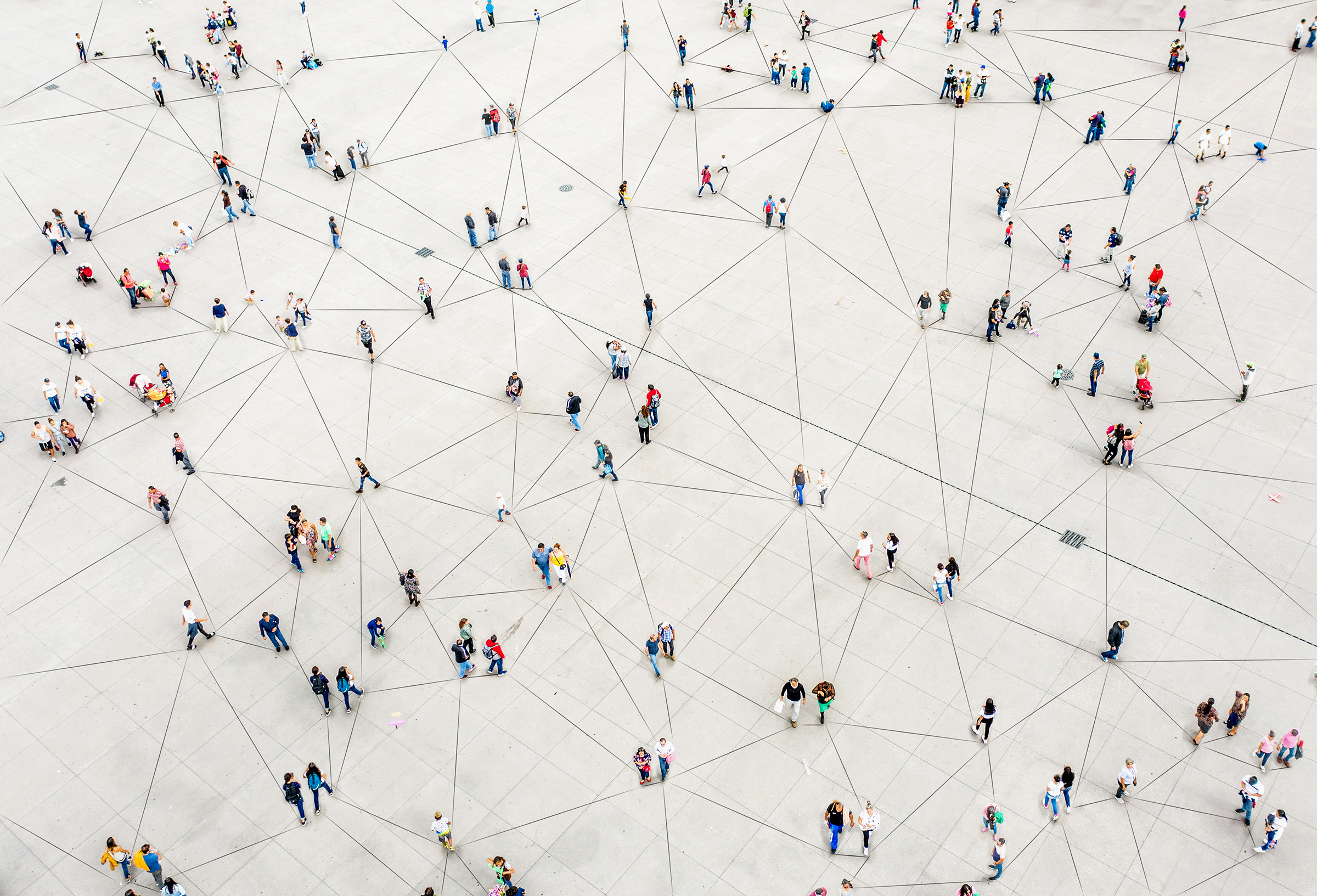
A few months into the coronavirus pandemic, the web is more central to humanity’s functioning than I could have imagined 30 years ago. It’s now a lifeline for billions of people and businesses worldwide. But I’m more frustrated now with the current state of the web than ever before. We could be doing so much better.
COVID-19 underscores how urgently we need a new approach to organizing and sharing personal data. You only have to look at the limited scope and the widespread adoption challenges of the pandemic apps offered by various tech companies and governments.
Think of all the data about your life accumulated in the various applications you use – social gatherings, frequent contacts, recent travel, health, fitness, photos, and so on. Why is it that none of that information can be combined and used to help you, especially during a crisis?
It’s because you aren’t in control of your data. Most businesses, from big tech to consumer brands, have siphoned it for their own agendas. Our global reactions to COVID-19 should present us with an urgent impetus to rethink this arrangement.
For some years now, I, along with a growing number of dedicated engineers, have been working on a different kind of technology for the web. It’s called Solid. It’s an update to the web – a course-correction if you will – that provides you with a trusted place or places to store all your digital information about your life, at work and home, no matter what application you use that produces it. The data remains under your control, and you can easily choose who can access it, for what purpose, and for how long. With Solid, you can effectively decide how to share anything with anyone, no matter what app you or the recipient uses. It’s as if your apps could all talk to one another, but only under your supervision.
I think of all the possibilities this new relationship to our data could unlock, especially in the case of a pandemic.
Take virus infection detection and contact tracing apps: the pandemic hits and there is a call for people to share specific parts of their health data. These apps would be swift to develop and deploy, and more trusted by everyday citizens. Once the crisis passes, people would simply revoke permission for their data and the app would no longer have access to it.
There’s even more that could have been done to benefit the lives of people impacted by the crisis – simply by linking data between apps. For example:
What if you could safely share photos about your symptoms, your fitness log, the medications you’ve taken, and places you’ve been directly with your doctor? All under your control.
What if your whole family could automatically share location information and daily temperature readings with each other so you’d all feel assured when it was safe to visit your grandfather? And be sure no-one else would see it.
What if health providers could during an outbreak see a map of households flagged as immuno-compromised or at-risk, so they could organize regular medical check-ins? And once the crisis is over, their access to your data could be taken away, and privacy restored.
What if grocery delivery apps could prioritize homes based on whether elderly residents lived there? Without those homes or the people in them having their personal details known by the delivery service.
What if a suddenly unemployed person could, from one simple app, give every government agency access to their financial status and quickly receive a complete overview of all the services for which they’re eligible? Without being concerned that any agency could pry into their personal activity.
None of this is possible within the constructs of today’s web. But all of it and much more could be possible. I don’t believe we should accept the web as it currently is or be resigned to its shortcomings, just because we need it so much. It doesn’t have to be this way. We can make it better.
My goal has always been a web that empowers human beings, redistributes power to individuals, and reimagines distributed creativity, collaboration, and compassion.
Today, developers are creating exciting new applications and organizations are exploring new ways to innovate. The momentum for this new and vibrant web is already palpable, but we must not let the crisis distract us. We must be ready to hit the ground running once this crisis passes so we are better prepared to navigate the next one. To help make this a reality, I co-founded a company, called Inrupt, to support Solid’s evolution into a high-quality, reliable technology that can be used at scale by businesses, developers, and, eventually, by everyone.
Let’s free data from silos and put it to work for our personal benefit and the greater good. Let’s collaborate more effectively and innovate in ways that benefit humanity and revitalize economies. Let’s build these new systems with which people will work together more effectively. Let’s inspire businesses, governments, and developers to build powerful application platforms that work for us, not just for them.
Let’s focus on making the post-COVID-19 world much more effective than the pre-COVID-19 world. Our future depends on it.
More Must-Reads from TIME
- Cybersecurity Experts Are Sounding the Alarm on DOGE
- Meet the 2025 Women of the Year
- The Harsh Truth About Disability Inclusion
- Why Do More Young Adults Have Cancer?
- Colman Domingo Leads With Radical Love
- How to Get Better at Doing Things Alone
- Michelle Zauner Stares Down the Darkness
Contact us at letters@time.com